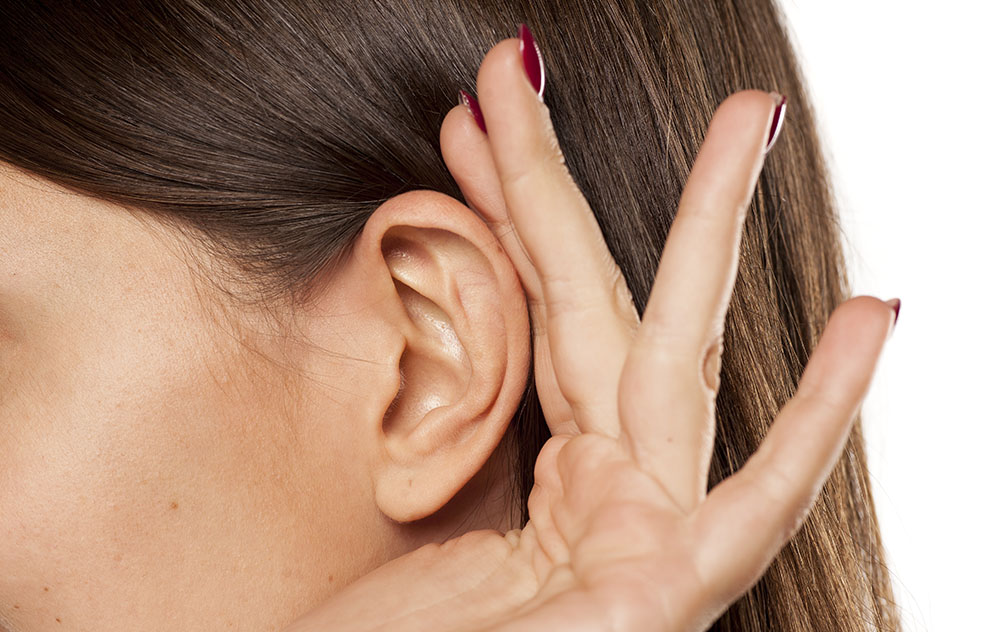What Are the Benefits of Hearing Aid Fittings
Many people across the United States have some form of hearing loss that


Many people across the United States have some form of hearing loss that

Many individuals in the United States experience tinnitus. While there’s

Around 22-million Americans are exposed to dangerous noise levels at work.